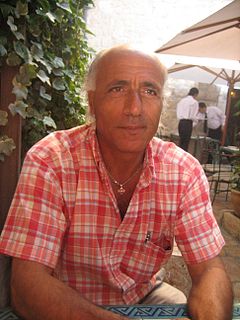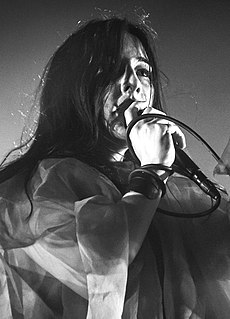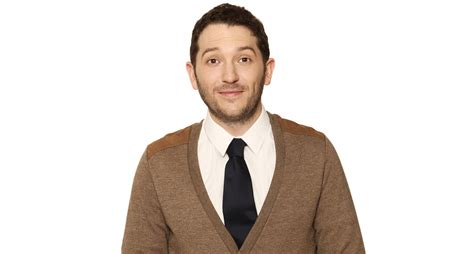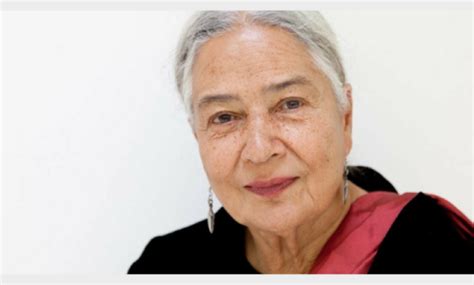A Quote by Michael Giacchino
I loved writing 'Lost.' It was like a never-ending opera, in a way.
Related Quotes
I've always loved opera; it never occurred to me that I would write a proper libretto. One of my closest friends is a composer, Paul Moravec, and a few years ago, Paul and I were at lunch, and I said to him, "you really have to write an opera." So, he says very casually to me, "I'll do it if you write the libretto." Well, little did I know that the within a couple of years we would end up getting a commission from the Santa Fe Opera to write an opera together, "The Letter," which turned out to be the most successful commissioned opera in the history of the Santa Fe Opera.
As we began working toward the finale of 'Lost,' I knew there was no possible ending that was going to be universally loved, and I accepted that. We ended the story the way we wanted it to end, and we stand by it. On my Twitter feed, I still get ten to fifteen positive comments for every negative one.
What has been attained may again be lost. Only when you realise the true peace, the peace you have never lost, that peace will remain with you for it was never away. Instead of searching for what you do not have, find out what is it that you have never lost. That which is there before the beginning and after the ending of everything, to That there is no birth nor death. That Immovable state, which is not affected by the birth and death of a body or a mind, that state you must perceive.









































